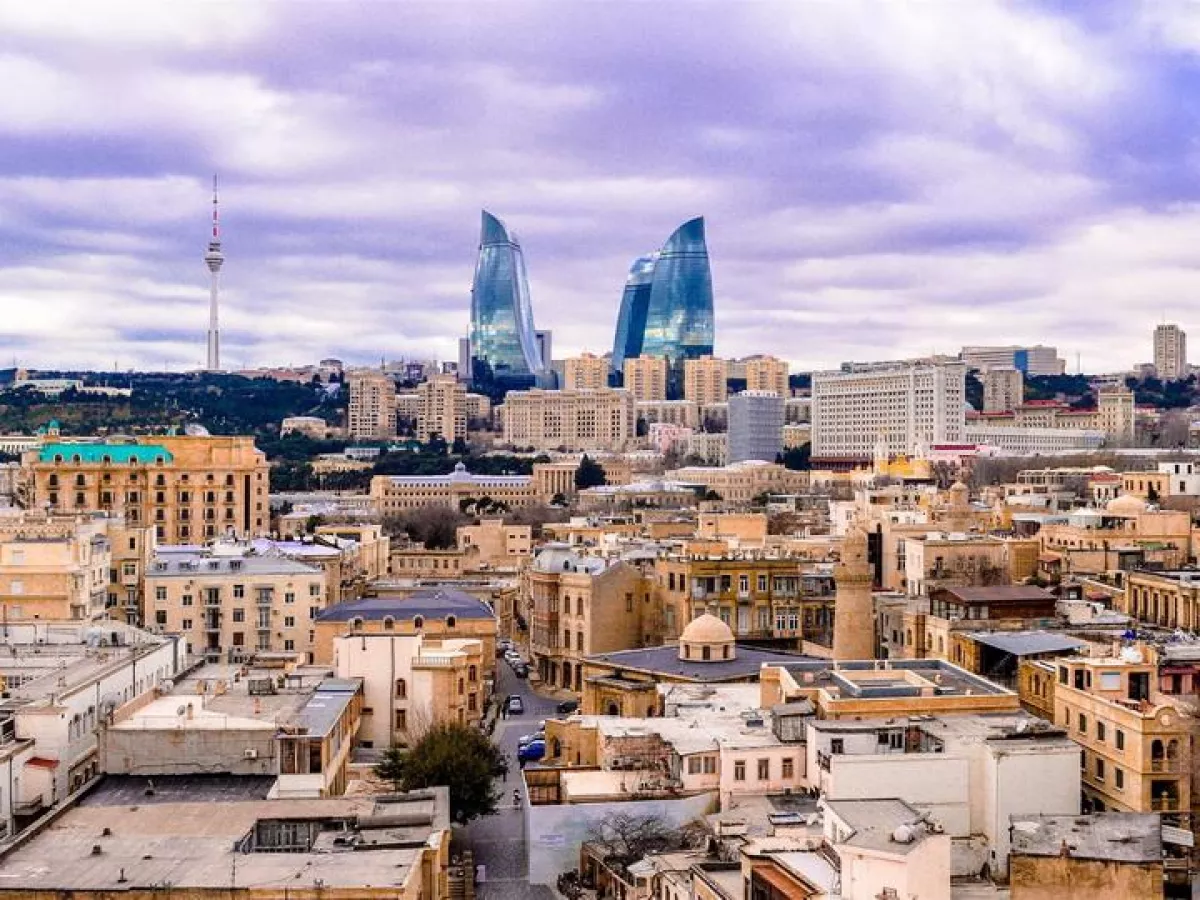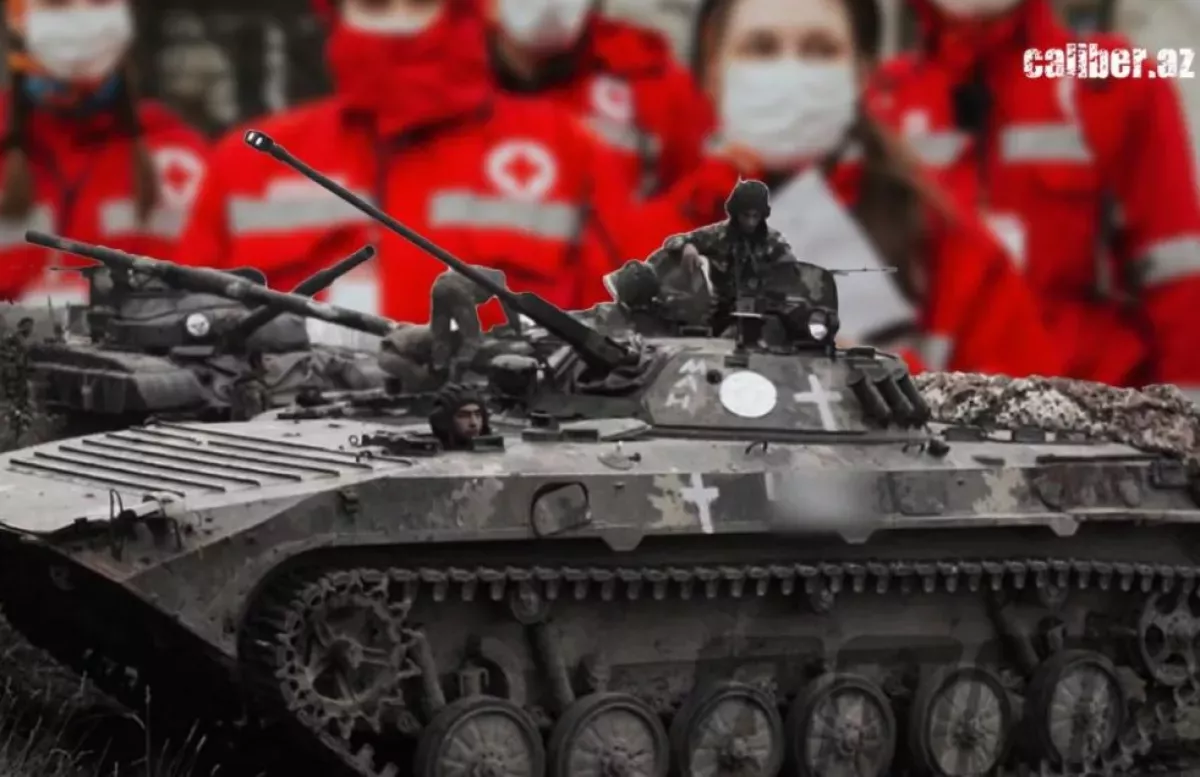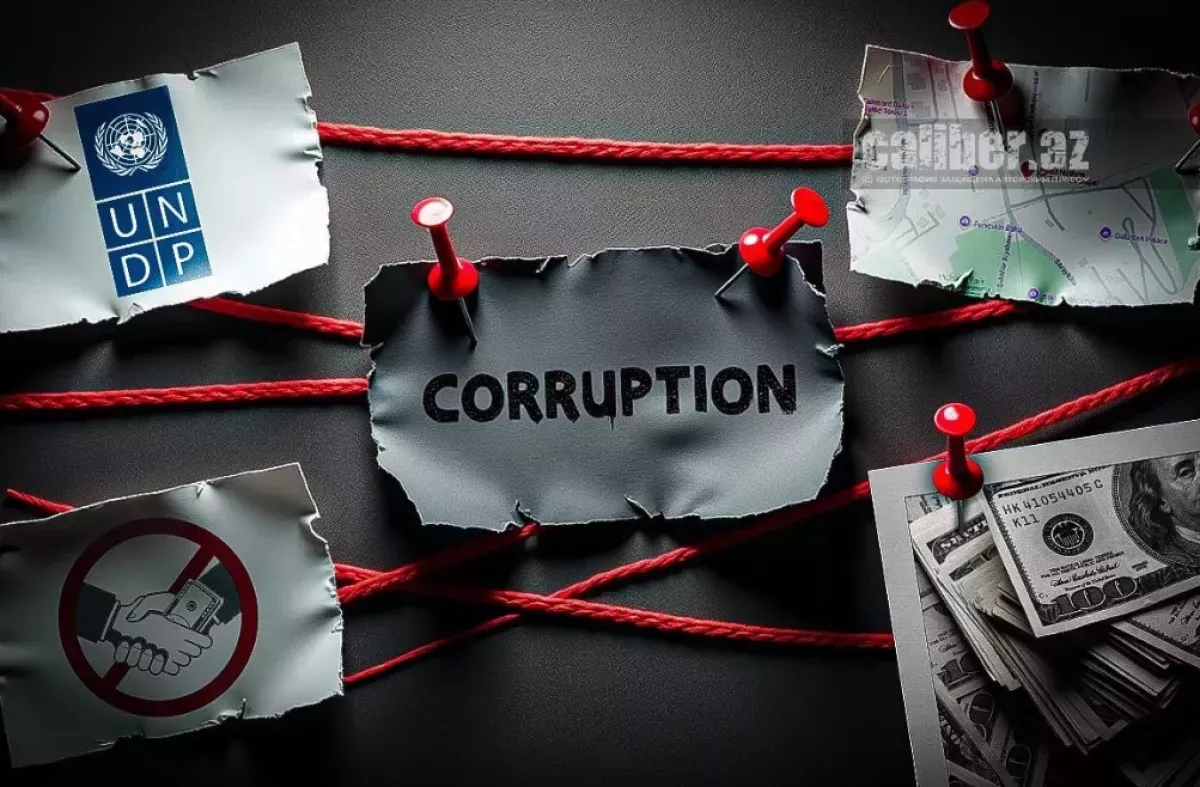Self-sufficiency instead of external aid Azerbaijan’s new realities
Every country goes through different periods of development. We all clearly remember the early years after Azerbaijan regained its independence. The country faced military aggression from Armenia, resulting in 20% of its territory being occupied. Additionally, there were over a million refugees and internally displaced persons who needed to be housed, which, given the extremely low state budget revenues, was a colossal problem.
But all of this is in the past. Today, Azerbaijan is a country that has fully restored its sovereignty and territorial integrity. The state is a recognized political, economic, and military leader in the South Caucasus. It is also worth noting that Azerbaijan, once dependent on foreign aid, has become a state that now provides financial assistance. Furthermore, as stated by Roland Price, the Regional Director of the World Bank for the South Caucasus, at a recent event dedicated to the World Bank's 2024 World Development Report (WDR), Azerbaijan is on the verge of transitioning from a group of middle-income countries to a group of high-income countries. This transformation is also visible in other areas.
In this context, a logical question arises regarding the feasibility of further cooperation with organizations such as the UN Development Programme (UNDP), the UN Refugee Agency (UNHCR), and the International Committee of the Red Cross (ICRC). According to information available to the editorial team of Caliber.Az, the Baku offices of these organizations have already been notified about the need to review the format of cooperation. Moreover, they were informed that they must leave our country. This decision has been communicated to them at the appropriate level.

The reports of the closure of several refugee support centers established by UN agencies, particularly UNICEF and UNHCR, in Poland, should be noted too. These centers, known as "Blue Dots," were created in March 2022 to assist Ukrainian refugees in transit zones, such as border crossing points and railway stations. They ceased operations by December 31, 2023, due to changing refugee needs and a shift towards more sustainable support mechanisms through community centers managed in collaboration with local organizations and municipalities.
As is seen, Azerbaijan is not "reinventing the wheel." We certainly remember and appreciate the assistance provided by these organizations to our country in the early years after Azerbaijan regained its independence. During that period, international humanitarian organizations played a crucial role in supporting the population and infrastructure. However, today the situation has drastically changed: Azerbaijan now has a strong economy, developed infrastructure, and sufficient resources to address emerging challenges independently.
Over the past year, Azerbaijan’s foreign currency reserves have increased by more than 5 billion dollars and today amount to 72 billion dollars. All of this allows our country to independently implement the program for the return of former displaced persons to Karabakh. This year, more than 4 billion manats (over $2.3 billion) have been allocated for the reconstruction of Karabakh and Eastern Zangazur. Over the past three years, former displaced persons have been returned to 10 settlements. In total, about 30,000 people already live and work there.
As we can see, we are fully managing on our own without the help of UNDP and the UN Refugee Agency. In general, the traditional mechanisms of humanitarian organizations are proving to be outdated. Azerbaijan remains open to cooperation with international organizations, but the approach to this cooperation must align with new realities.

It is also impossible to overlook the fact that some international organizations have demonstrated biased behavior towards Azerbaijan over the past years. Specifically, the International Committee of the Red Cross has been repeatedly criticized for its activities in the region, especially during and after the Second Karabakh War. The Azerbaijani side had serious suspicions of hostile, particularly espionage activities by the ICRC against the Azerbaijani Army during the 44-day war. There were cases of transporting weapons and ammunition to Armenian militants in ICRC vehicles. For example, in August 2023, the Azerbaijani Ministry of Defense released footage showing an ICRC ambulance carrying weapons, ammunition, and mines to reinforce the positions of militants in the Khankendi-Gaybali-Dukanlar-Khalfali road. The convoy was escorted by a Russian peacekeeping vehicle. Such incidents were not isolated. Additionally, the State Border Service of Azerbaijan repeatedly documented cases of ICRC vehicles transporting undeclared mobile phones, spare parts, cigarettes, and fuel to the "gray zone" at the time.
But that’s not all. We have repeatedly witnessed that the ICRC operates under double standards, with anti-Turkish chauvinism, indulgence towards Armenian provocations, and complete indifference to the problems of Azerbaijanis, among other issues. In this context, how can we not recall reports from several media outlets about how, during the 44-day war, an ICRC employee passed information to French intelligence? Of course, he was shamefully expelled from Azerbaijan.

We must not forget the recent case involving the United Nations Development Programme (UNDP). The UNDP's Office of Internal Audit and Investigations conducted an audit of the organization’s representation in Azerbaijan. The results of the audit revealed serious violations related to corruption, systemic management failures, and a lack of transparency. In particular, in 2023, the organization allocated $754,570 to 23 local non-governmental organizations (NGOs) that did not have proper state registration. This violation of Azerbaijan's national legislation, which requires the registration of all NGOs receiving international funding, highlights a flagrant disregard for legal and ethical standards. Furthermore, under two initiatives—the EU program to strengthen civil society and the demining program—$2.6 million (1.3 million for each) were allocated. However, auditors did not disclose the names of the grant recipients or provide reports on how the funds were spent, meaning the distribution of funds occurred without any public oversight or transparency.
All of the above serves as yet another argument against further cooperation between Azerbaijan and organizations such as UNDP, the UNHCR, and the ICRC in their current format. This is a logical step, confirming that Azerbaijan no longer needs external humanitarian support and is capable of addressing any challenges on its own. The decision for a new phase in these relations is inevitable and reflects Azerbaijan's changed role on the international stage. It is important for these organizations to recognize this new reality.








